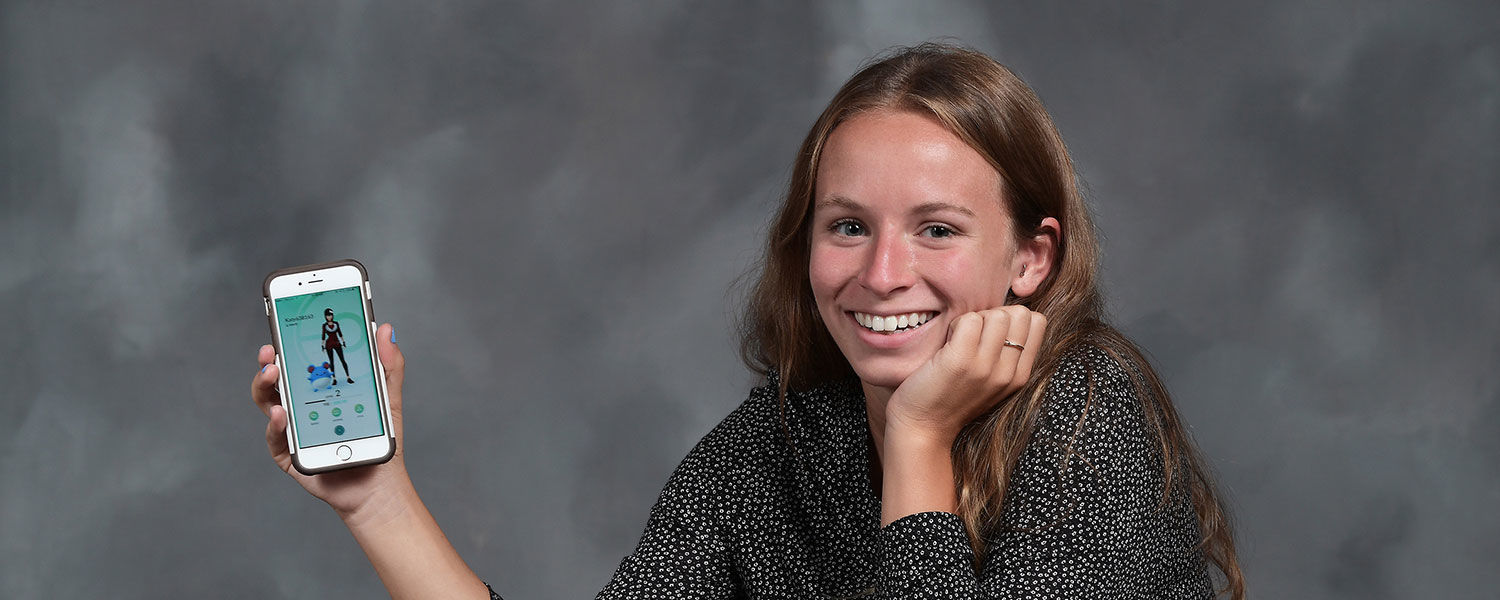This month marks the first anniversary of Pokémon GO’s worldwide release that sent crowds hiking through parks, meandering into streets and walking for miles in search of Pokémon, those cute little digital characters that appear in real locations on your smartphone.
Capturing the little monsters is not just fun for the players, it might be good for their health. Too often we sit at a desk all day, spend countless hours in the car, and with a smartphone glued to our hands, it is too easy to spend our free time watching videos, playing games and browsing the internet. Such sedentary behaviors cause us to sit more and exercise less.
However, şÚÁĎÍř researchers found that playing a popular physically interactive, smartphone-based game, such as PokĂ©mon GO, may actually promote exercise.
Jacob Barkley, Ph.D., Andrew Lepp, Ph.D., and Ellen Glickman, Ph.D., from şÚÁĎÍř’s College of Education, Health and Human Services assessed the ability of the popular, physically interactive, smartphone-based video game PokĂ©mon GO to increase walking and decrease sedentary behavior, such as sitting. More than 350 college students reported their physical activity and sedentary behavior the week before they downloaded PokĂ©mon GO, the week immediately after downloading the game and again several weeks later.
Results show that, relative to the week before downloading Pokémon GO, students doubled their daily walking behavior (102 percent increase) and reduced sedentary behavior by 25 percent during the first week after downloading. When comparing behavior several weeks after downloading Pokémon GO to the week before downloading, walking and sedentary behavior was still 68 percent greater and 18 percent lower, respectively, even though frequency of game play decreased by 58 percent.
“While the largest increases in walking and decreases in sitting occurred during the first week after downloading, when the game was new to the user, those positive effects largely persisted weeks later,” Barkley says. “It is possible that games like Pokémon GO may help people initiate a positive health behavior change, such as more daily walking and less sitting.”
The researchers suggest that while many smartphone functions may promote sedentary activity, they are hopeful that playing physically interactive, smartphone-based video games, such as Pokémon GO, may help promote walking and reduce sitting in college students.
The study is published in the and is generating media interest around the world. Read more from:
Learn more about şÚÁĎÍř’s College of Education, Health and Human Services

